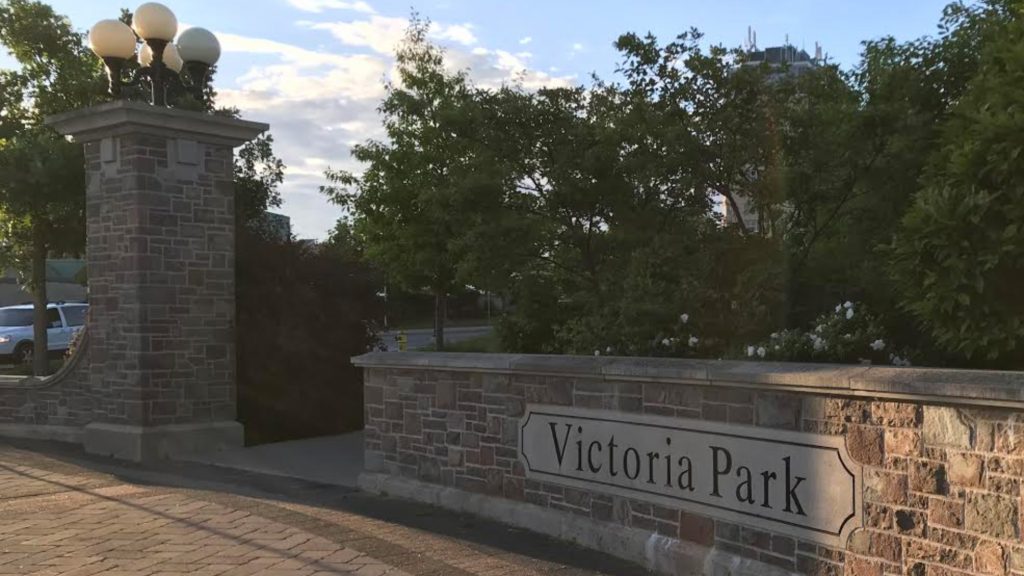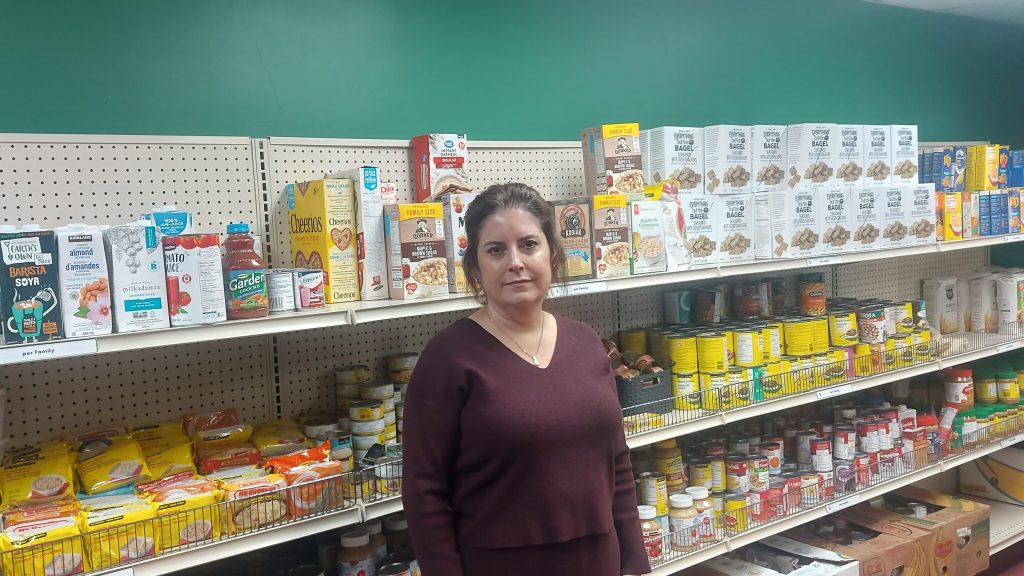Legault takes ‘full responsibility’ for shortages in struggling care homes
Posted Apr 17, 2020 09:35:44 PM.
MONTREAL — Quebec Premier Francois Legault says he takes “full responsibility” for the lack of orderlies in struggling long-term care homes, where more than half of the province’s 688 deaths related to COVID-19 have occurred.
Legault told reporters Friday he didn’t want to get into a fight with the health-care unions when he first took office in 2018, and therefore decided to hold off on paying public-sector orderlies more until contract negotiations began.
Historically, the unions representing workers such as orderlies, nurses and other staff in Quebec’s health-care system negotiate as a large group to leverage bargaining power. The collective agreement for all health-care personnel was only set to expire at the end of March 2020.
“If I had to redo it, I would have increased their salaries faster — even without the OK of the unions,” Legault said about the orderlies. The province is currently lacking about 1,800 people to work in the residences, where some of Quebec’s most vulnerable and disabled seniors live.
But the shortages of staff for long-term care homes predated the COVID-19 crisis by years. Legault acknowledged that, though he knew unions would have objected to a divisive approach to negotiating salary increases, he could have forced their hand through a special law or ministerial decree.
“We came into this crisis poorly equipped and the situation deteriorated when the virus came in,” he said. “I take full responsibility.”
Hubert Forcier, a spokesman for the federation of unions representing about 90,000 public-sector health-care workers in Quebec, said his organization proposed months ago to allow orderlies to reach a higher salary scale that other employees benefited from.
Doing so would have allowed orderlies to make up to $25.27 an hour — $2.92 more per hour than the current highest rate on the scale — and it wouldn’t have affected the pay of any other health-care worker, according to the federation.
“I couldn’t believe what I heard today,” Jeff Begley, president of the union federation, said in a statement Friday, in reference to Legault’s news conference. “It’s been years that we have been ringing the alarm bells regarding the untenable conditions in the health-care network.”
As a consequence of the orderly shortage, the province has had to plead with family doctors and medical specialists to leave their practices and help in the long-term care homes to feed, wash and care for residents. Legault also welcomed Friday the news that members of the Canadian Armed Forces will be heading to the province to help in those facilities.
The Department of National Defence said Friday the roughly 125 members, including nursing officers and medical technicians, will begin to deploy to Quebec on Saturday.
Quebec on Friday reported a total of 16,798 cases in province and 58 new COVID-19-related deaths. Of the total 668 COVID-19 deaths in the province, 377 of them — almost 55 per cent — occurred in long-term care homes.
Legault said that while 1,076 people are hospitalized, with 207 of those in intensive care, the COVID-19 situation in Quebec is largely stable outside the Montreal area.
“In the rest of Quebec … the situation is pretty much under control,” said the premier. “We are looking … to open up these regions in an intelligent way, in a gradual way, while ensuring we follow up on the situation to make sure we don’t face a second wave of the virus.”
This report by The Canadian Press was first published April 17, 2020.
Giuseppe Valiante, The Canadian Press










